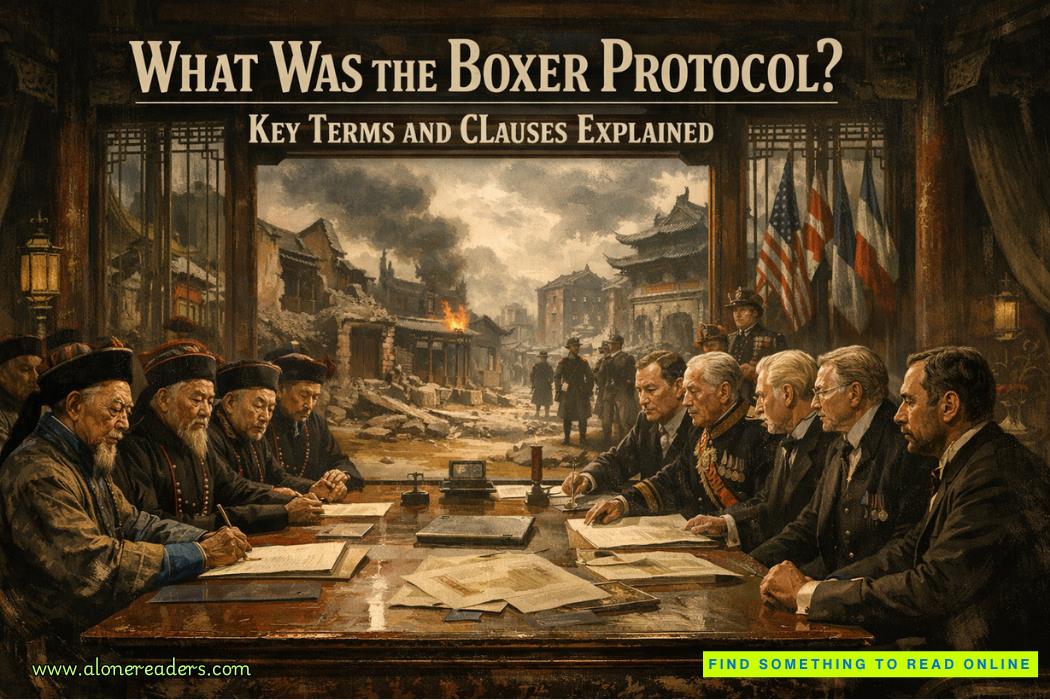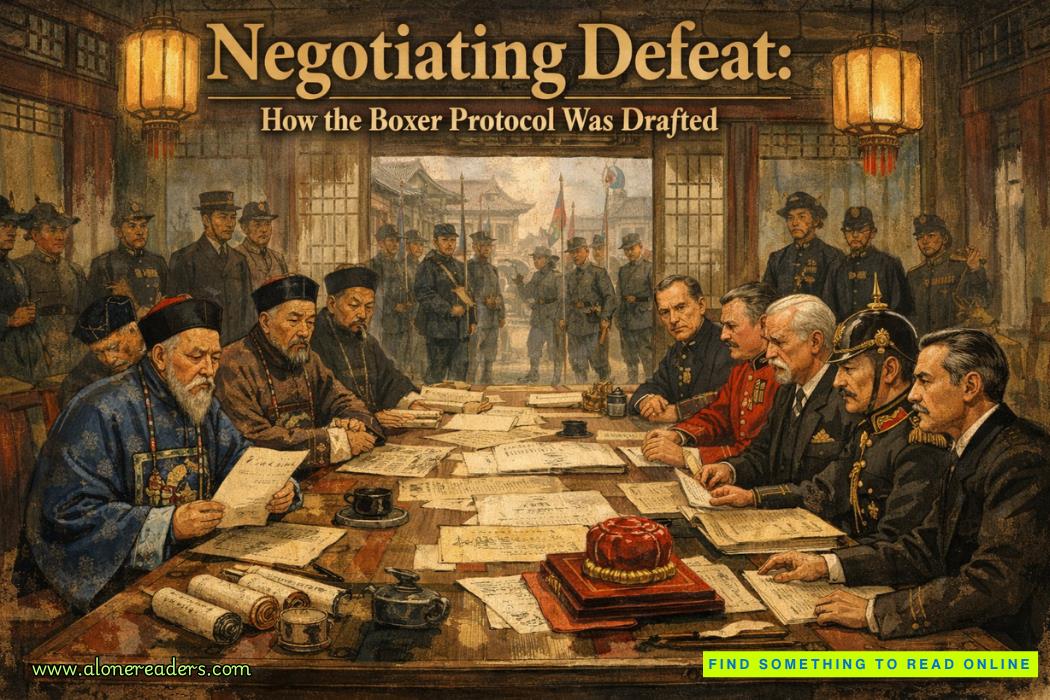It was them.
Her and her grandmother, years ago, the Christmas tree blurred in the background, lights twinkling like distant stars, the soft sprawl of opened presents out of focus on the edge of the frame. Her grandmother sat in the old floral armchair, a cake balanced on her lap, a single candle already melted halfway down. Hazel stood behind her, hands resting lightly on her shoulders, chin tilted down toward the crown of that familiar greying hair. They were both smiling— not posed, not polite, but warm. Real.
Hazel reached for it with careful fingers. They were trembling again.
She stared at it for a long time.
The photo looked like a memory made visible— one of the rare ones that hadn’t been clouded by grief or confusion or that gnawing loneliness she’d carried for so long. Just the two of them, present and whole. For a moment, everything else had fallen away.
Her grandmother’s eyes in the picture were dark and kind, crinkled at the corners. Hazel could almost hear her voice again, soft and dry with amusement.“You’re fussing too much, Hazel. It’s just a birthday.”And Hazel, as always, refusing to believe it. Refusing to let her be forgotten, even for a day.
Her thumb drifted across the surface of the photo. The paper was matte, slightly curled at the edges. Not glossy, not preserved, but treasured all the same.
The ache in her chest expanded, pressing hard beneath her ribs. It was too much and not enough all at once. All she’d wanted to do was pack. Make things neat. Give herself a sense of direction, of control. But now her knees were going weak beneath her and her throat was closing and all she could think was how fast it had gone. How final everything suddenly felt.
She set the photo down with reverence, like it might shatter. Then gently, carefully, she laid the stack of birthday cards on top of it. One hand rested there for a moment, hers fingers splayed like she could protect it all. Like memory could be guarded with touch alone.
She had told herself she wasn’t going to cry, but she already was.
Not hot. Not loud. Just slow and relentless.
And she kept packing. She kept trying to hold herself together.
But everything she touched was a thread, each object pulling loose another memory, another year, another version of herself she hadn’t thought about in ages. A paper bookmark, a dried flower, a photo of her mother, smiling and young andbefore.
Hazel folded inward, then, just slightly. As if the weight of it all was too much for her spine to carry.
And in the quiet, in that room that still smelled like the woman who had loved her best, Hazel whispered, “I’m sorry.”
She didn’t even know what for.
Only that it felt true.
Only that it felt like the beginning of letting go.
18
The house was quiet. Not the peaceful kind, not the sort that settled gently into your bones— but a heavier quiet. The kind that layered itself over everything, thick and unmoving. Hazel had been drifting through that silence for days now, a ghost in her own home, wrapped in the same cardigan every morning— her grandmother’s, pale blue with a hole in the right pocket where the knit had unraveled years ago and never been fixed. There was still a tissue in the left pocket, crumpled and soft from age. Hazel didn’t throw it out.
She hadn’t been to the bakery. Hadn’t answered Iris’s texts or returned Malcolm’s calls. The blinds in the living room were half-drawn and a stack of unopened mail sat crooked on the windowsill, damp at the corners from a leak she hadn’t gotten around to fixing. Everything felt dimmed. Dulled. Like the days had slipped loose from their structure and fallen into something shapeless.
The only thing she’d done was pack.
Endlessly, incompletely, in half-hearted bursts that left more chaos in their wake than progress. The house was scattered with the evidence of it— open boxes and collapsed piles, a stray boot in the hallway, framed photos leaning against walls with smudged fingerprints across the glass. She’d start a corner and leave it. Pull out a drawer, get overwhelmed, and move to the next room. There were old bills tucked into the couch cushions, ceramic bowls stacked in the laundryroom sink, a half-folded sweater left draped across the stair railing like a forgotten flag.
She hadn’t showered in a day, maybe two. She couldn’t remember.
It was early evening on Christmas Eve. Outside, the sky was the kind of slate grey that never quite turned to black, the kind that made the trees look like silhouettes— bare branches tangled against a soft, dying light. A fire crackled low in the hearth, more smoke than heat now, casting slow-moving shadows across the walls. The air smelled faintly of cedar and ash and the last pour of the wine she’d opened hours earlier. Her third glass sat on the table beside her, untouched and warm. She was curled into one corner of the couch, her bare feet tucked beneath her, the cardigan wrapped tight around her ribs like a binding.
There was something heavy in her lap. A folded apron.
She didn’t even remember picking it up— had just been digging through a storage chest in the hallway, looking for something she could throw away, and found it tucked at the bottom in a plastic bag with a note:Hazel’s, to pass down when she’s ready. The handwriting was unmistakable, thin and purposeful and slightly leaning right. She’d clutched the fabric to her chest before she could stop herself, not because she needed it, but because she didn’t know what else to do.
Now, hours later, it was still there, half-sprawled across her legs, a faint flour stain near the hem.
And her thoughts drifted— soft, slow, inevitable— to the memory that had followed her with it.
She was maybe eight, maybe nine. It had been the week of Christmas and her grandmother had promised to teach her how to make the spiced gingerbread cookies they only ever baked once a year. Hazel remembered the way she’d stood on the small kitchen stool, hair French braided into pigtails, the sleeves of her shirt rolled so high they pinched her shoulders. The air had been thick with cinnamon and clove, her fingers sticky with dough, and her grandmother’s laughter had filled every corner of the old kitchen like a hymn.















